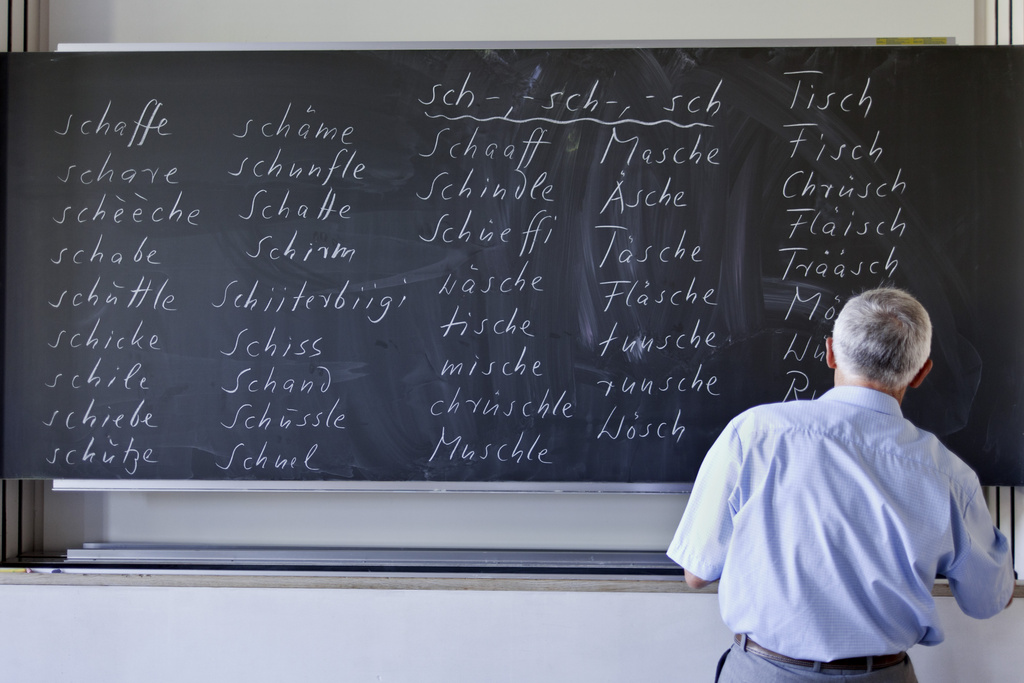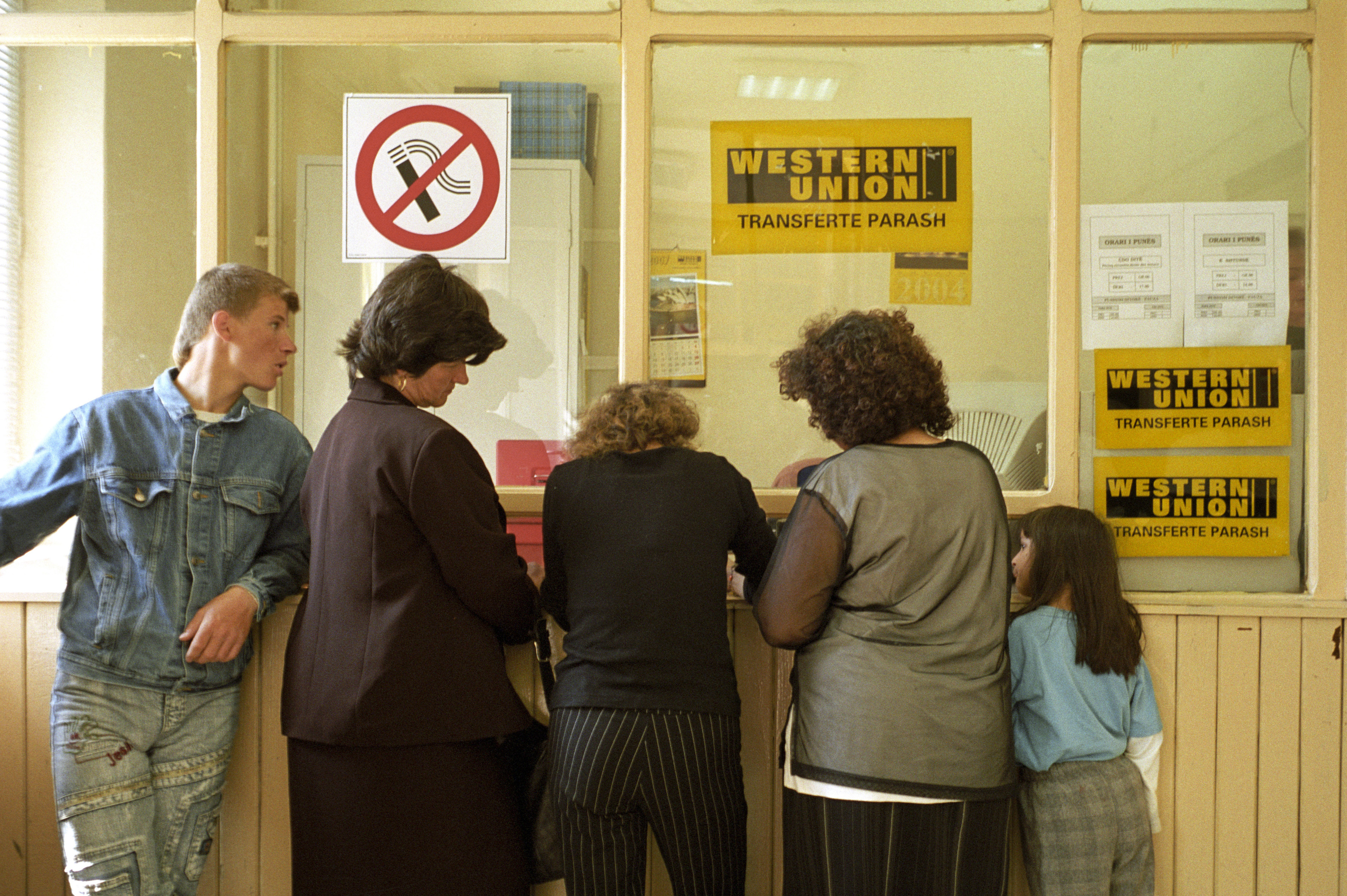Learning from Swiss integration failings

Switzerland is lagging behind other nations when it comes to integrating immigrants – and it is a long way off from top performers, Sweden.
The two countries held policy debates on the issue on consecutive days this week, commiserating and celebrating in turn their results in a British Council-led ranking of immigration policy by 31 nations.
While Sweden ranked number one (again) of the Migration Integration Policy Index (Mipex), Switzerland dropped three places since the last survey in 2007 to position 23.
France, Italy and Germany all have a better record in integration than the Swiss, whose policies for the integration of immigrants often fail to meet the standards of the European Union and Council of Europe, the survey shows.
Carried out in 2010, the index tracked related legal changes in Switzerland from 2007 to May 2010, such as the planned referendum on deporting foreign criminals (accepted in November 2010).
In that time there has been “no major change” in Switzerland despite new laws coming into force, according to the survey. No policy is even “slightly favourable” to integration. Indeed migrants face restrictions when it comes to long-term residency, naturalisation and family reunification. There is limited access to the labour market or general support for non-EU residents.
And of the 31 countries included, Switzerland had the second-worst track record in anti-discrimination policies, with no dedicated laws for victims or enforcement, unlike nearly all other countries.
The Swiss federalist system does not help the situation either. The report notes that the “complex and burdensome” nationalisation conditions in cantons are “critically unfavourable” for integration, with only Switzerland scoring zero. A “national definition” of integration is missing, it says.
Federalism as stumbling block
Denise Efionayi-Mäder, of the Swiss Forum for Migration Studies at Neuchâtel University (which provided the policy data for the survey), agreed with the overall findings, saying it was a good benchmark.
“Of course there are some problems. With Switzerland being a federal state and having big differences between cantons it’s not always easy. You might think that’s also the case in Germany, Austria or the US but I think in Switzerland the difference is also between regions. Language regions are quite important,” she told swissinfo.ch.
“At the federal level things are moving in the right direction. We are trying to introduce some standards but it’s true, it’s also a conflict between the manoeuvres of the cantons and the federal state. There are also some cantons that do really well.”
Recently the Senate passed a motion calling for the integration of foreigners to be standardised across the country, with general rules in place.
But, some cantons and towns are sceptical about the idea, with local politicians saying they do not want the federal government to regulate how they handle immigrants.
Heads in the sand
Where Switzerland really falls down is in discrimination. Efionayi-Mäder explains that until recently people were afraid to address the issue, refusing to accept that it was happening in the work force.
While it is now more accepted that discrimination exists, there is still a problem with how to have a debate on moving forward and fighting it, she notes.
“This is really a problem in Switzerland,” agreed Christina Hausammann, of the non-government organisation, humanrights.ch.
“We have no specific law in the field of discrimination of race or ethnicity. There is no effective means for complaining against discrimination by individuals in the field of work or housing. We only have very general laws but in reality they don’t work, because you have to prove your case and you risk paying all the court fees,” she told swissinfo.ch.
An EU directive has already forced member states to develop such laws, she noted, adding that the Mipex at least provided one more piece of evidence that this is a problem.
Critics
Critics of the survey say it only reflects a country’s legal standing, and is not a true representation of the implementation of integration policies.
Basel City’s integration expert, Thomas Kessler, told the Tages-Anzeiger newspaper: “Those countries that are doing well have symbolic integration laws, but these are more to present a better image of the country.”
Economic performance is the “most important factor of integration”, he adds. Evidence of successful integration in Switzerland is the fact that migrants with a B permit pay higher taxes than Swiss citizens.
He said many countries had the best constitutional principles and laws on integration but were a different story in reality. In Italy, for example, its anti-discrimination laws “aren’t taken seriously by anyone”. He adds that it is almost laughable that Denmark scores better than Switzerland in the index, as it has “oppressive, xenophobic immigration laws with strict rules on family reunification”.
Follow the leader
And what does the Mipex model nation, Sweden, have that others don’t?
Thomas Huddlestone, of the non-profit, pro–equal rights Migration Policy Group, was one of the study’s main authors.
Speaking from the sidelines of the Swedish panel debate, he told swissinfo.ch: “I think in Sweden there is a political consensus and political will to work on equal rights and equal opportunities, and that is then reflected in their legislation.”
“In most European countries, legal migrant workers and their families can immediately access jobs, so they can fully give their economic potential to the country. After five years they can become long-term residents, and increasingly across Europe they are protected with dedicated laws against racial and ethnic discrimination,” he added.
“I think those are all areas where Switzerland could learn from its neighbours.”
The Migration Integration Policy Index (Mipex) is led by the British Council and the Migration Policy Group and co-financed by the European Fund for the Integration of Third-Country Nationals. It measures integration policies in all European Union member states plus Norway, Switzerland, Canada and the United States.
Sweden performs best in the 2010 index, followed by Portugal and Canada in second and third places respectively. The other countries making the top ten are Finland, the Netherlands, Belgium, Norway, Spain, the US and Italy.
The latest Mipex gives Switzerland 43 points out of 100, placing it 23rd out of 31 countries.
The survey was carried out in 2010. There has been no major change since the last index in 2007.
With no policies scoring “slightly favourable”, Switzerland has fallen behind reforming countries.
Migrants face the second-most restrictive eligibility criteria and conditions for long term residency.
The complex conditions for naturalisation are “critically unfavourable” for integration, with only Switzerland scoring zero.
Migrant families face some of the “least favourable” family reunion procedures, below most European countries.
Migrant pupils have the same challenges to educational access as other countries, but have better chances to learn languages and culture of their origin (under the HarmoS agreement).
There is limited labour market access and support for non-EU residents, with Switzerland scoring below the average of established immigration countries.
Foreigners can vote in local and cantonal elections in several major cantons and enjoy basic political liberties.
The Swiss have among the worst protections against discrimination: no dedicated laws for victims, no enforcement and only an advisory equality body.

In compliance with the JTI standards
More: SWI swissinfo.ch certified by the Journalism Trust Initiative







You can find an overview of ongoing debates with our journalists here. Please join us!
If you want to start a conversation about a topic raised in this article or want to report factual errors, email us at english@swissinfo.ch.